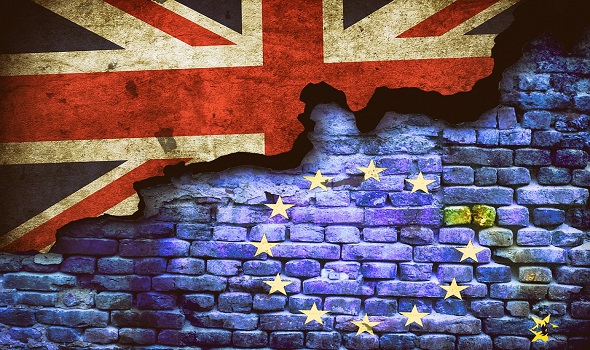as election approaches
as election approaches

With a snap general election in progress and the Brexit negotiations slowly taking shape, it remains critically important for European nationals to make their voices heard and influence the process – both during the election and over the coming years.
With this in mind, we held a roundtable on April 27th to share experiences and feelings over the last year, to discuss current challenges, and to plan campaigning on rights-based issues ahead of or after the General Election, and to provide media contacts with an insight into the current landscape for Europeans living, working and studying in the UK.
A broad range of topics were discussed. The conversation was opened by an academic and campaigner who focussed on addressing the psychological and mental health problems caused by migrants’ stress and confusion over their future in Britain. She told her own story of being an employer and contributing over the years, and having leave to remain not acknowledged and citizenship refused in spite of this. She said people were ‘falling through the cracks’ and plans to do more to offer mental health support and advice to those affected by relevant issues. Cases she had dealt with included insomnia and depression. A different participant mentioned the psychological impact of being continually asked to prove their worth by officials and the press.
Another contributor raised the impact of the situation on children – many of her grandchildren’s friends do not know where they will be living or what they’ll be doing, and this is also causing stress.
There are worries about career prospects as well. People have found mortgage applications and similar denied. Participants also expressed fear for the welfare of more vulnerable migrants who would be the worst hit by the shifting landscape. Freelancers and those with irregular employment also face additional challenges.
A British citizen explained the case of his son and his son’s Swedish partner, who risk not being able to live together in either Sweden or the UK. He said that many younger people expected to be more mobile and able to move between countries and those medium term aspirations are now changing.
For further points, you can read the full report of the discussion here.
It’s very often easy to feel as if your voice doesn’t matter, especially for those who can’t vote and feel locked out of the political process. But as one participant, Sabrina, said: “There are other ways to influence the political debate. We might not be able to vote, but we can knock on doors. The only way to prevent a hard Brexit is to use your voice or vote in June.”
She is campaigning for a political party. Others are attending hustings, or writing to newspapers and appearing in studio audiences, or becoming part of campaign groups. And if everyone who currently feels unable to make a difference gets involved, then there is no limit to what can be achieved.
At the end of our event, people resolved to continue campaigning on a range of issues, from transparency in application processes to having existing rights guaranteed, and to challenge ongoing inconsistencies in the law, as well as challenge anti-migrant discourse more broadly.
The times ahead are challenging but it is completely possible to form new alliances and change hearts and minds. What’s needed is for people – citizens, European and others – to avoid demoralisation and continue to organise for change, together.


